This blog entry was co-authored by Brian Guthrie
After-school programs are extremely valuable as they provide additional engagement in educational and social skill development activities for underserved youth who are not given enough opportunity to reach their potential during school hours. Specifically, physical activity promotes vast physiological and health benefits and is suggested to be integrated into the school curriculum through physical education and sport participation. However, many school systems fail to meet these guidelines. After-school programs offer an alternative to meet these goals. As mentioned in the previous article there are limitations and challenges that come with the implementation of after school-such as REACH including safety concerns in urban communities, community involvement, role modeling, and cultural competence.
African American males unfortunately still face many societal challenges and stereotypes that falsely assume that they are a threatening, aggressive and violent group of people. Additionally, they are commonly characterized as incompetent and generally inferior. This can limit these young men from fulfilling their full potential by identifying with these traits. (see article for a more thorough discussion on this) REACH is heavily influenced by Positive youth development (PYD) through sport, a framework that is strength-based and builds positive adult-youth relationships providing positive role models to inspire positive sports development, character, and educational achievement. This research set out to answer the following questions:
1. What were the real, lived experiences of urban minority youth participating in the REACH (Reflective Educational Approach to Character and Health) after-school program?
2. What barriers to physical activity do students in under-resourced urban communities face in their neighborhoods?
3. Did the REACH program help alleviate any of these perceived barriers, and if so, how?
Over the course of the year-long implementation and analysis of the REACH program, participants seemed to be deeply connected with the program. REACH was able to touch the lives of these young students while overcoming some of their common barriers and bringing great value to the school environment. In urban communities such as Harlem, violence runs rampant in the streets. Families fear for the safety of youth can prevent physical activity participation in public social environments. REACH was able to combat this barrier and provide a safe-haven for these young kids not just to play and socialize but also to fulfill a bigger need to connect with positive role models and work towards long term goals.
Evidence-based practice is characterized by utilizing research to drive decisions based on the experience of the practitioner and the values of the consumer, in this case, the students. A driving factor for achievement in these boys was the desire to make it big time in the NBA. Not only does this influence their behaviors and academic aspirations but it allowed REACH to connect with them. An example was one coach’s ability to connect and inspire the boys using his experience as a high-level basketball athlete. The respect this coach found as an athlete blended into respect as a person. The coaches were able to then act as positive role models in these young boys’ lives.
After-school programs not only touch the lives of young students but can significantly affect the surrounding community. REACH is based on the PYD framework to build off of the strengths and values of the culture that lies within the community. The goal is to provide an environment through which young students have an additional opportunity to be physically active, connect with members of their community, and grow in many areas of life. In urban settings, instilling an evidence-based curriculum combined with positive relationship-building and opportunity to participate in valuable activities can lead to a successful implementation of after school programs and help navigate common challenges that may arise in the process.
This study closely examined the lived experiences of the REACH participants to understand how their barriers to physical activity were alleviated by participating in an after-school program called REACH that is grounded in a PYD perspective.
Children and youth who live in urban areas in the United States face varied barriers to participate in physical activity. One main barrier discussed in this study was the REACH participants’ lived experiences of violence that affirms the need for safe after-school programs such as REACH. The community-based space that was offered through REACH contributed to the development of a particular PYD climate that brought opportunities for engagement in the curriculum with significant connections with the coaches and among the participants. The creation of a safe environment was a catalyst for physical activity where the boys went to play, eliminating previous barriers and establishing new perceptions of a safer future.
Many boys aspired to join the NBA as a pathway to a safe and successful future. REACH provided a space to encourage the boys in their goals but also to help them connect to realistic and supportive concepts creating an outlet of hope and purpose.
Finally, REACH created an empathetic and positive climate for peer interactions through the interchanging nature of role models. Behavior change was not immediate. Through a strengths-based approach and role modeling, REACH participants changed their actions in the program and in the community. Thus, having and being role models alleviated the barriers to physical activity producing a PYD climate that influenced other spheres of the boys’ lives.
The reciprocal and iterative nature of PYD climate, life skills focus and PYD outcomes demonstrated in this study expanded the focus beyond relationships, by including the participants’ lived experiences and perceptions. As a result, the program created a safe space that favored the participants’ overcoming their barriers, engaging in a physically active lifestyle, and becoming role models to their younger peers.
Citation: Marttinen, R., Johnston, K., Phillips, S., Fredrick, R., & Meza, B. (2019). REACH Harlem: young urban boys’ experiences in an after-school PA positive youth development program. Physical Education and Sport Pedagogy, 24(4), 373–389. https://doi.org/10.1080/17408989.2019.1592147
Read for free here: https://www.researchgate.net/publication/331955382_REACH_Harlem_young_urban_boys'_experiences_in_an_after-school_PA_positive_youth_development_program

